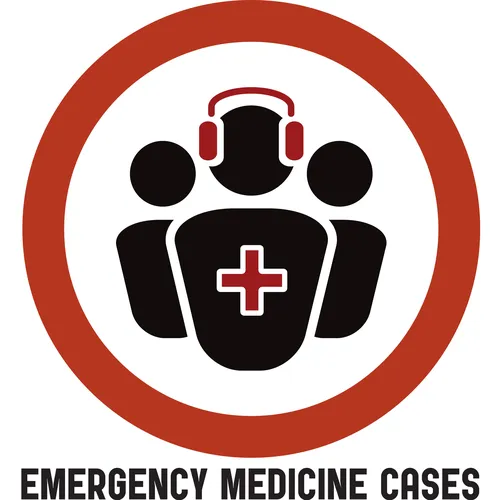Episode 83 – 5 Critical Care Controversies from SMACC Dublin
- Author
- Dr. Anton Helman
- Published
- Tue 05 Jul 2016
- Episode Link
- https://emergencymedicinecases.com/critical-care-controversies-smacc/
I had the great opportunity to gather some of the brightest minds in Emergency Medicine and Critical Care from around the world (Mark Forrest from U.K., Chris Nickson from Australia, Chris Hicks from Canada and Scott Weingart from U.S.) at the SMACC Dublin Conference and ask them about 5 Critical Care Controversies and concepts:
* How to best prepare your team for a resuscitation
* Optimum fluid management in sepsis
* Direct vs. video laryngoscopy as first line tool for endotracheal intubation
* Early vs. late trauma intubation
* Whether or not to attempt a thoracotomy in non-trauma centres
The discussion that ensued was enlightening...
Written Summary and blog post written by Anton Helman, July 2016
Cite this podcast as: Helman, A, Nickson, C, Hicks, C, Weingart, S. 5 Critical Care Controversies from SMACC Dublin. Emergency Medicine Cases. July, 2016. https://emergencymedicinecases.com/critical-care-controversies-smacc/. Accessed [date].
Critical Care Controversies #1: How to Prepare Your Team for a Critical Event
While the basic logistics of a resuscitation are relatively straight forward, some critical events require complex logistical co-ordination that needs to be in-sync with your resuscitation strategy. Scott Weingart talks extensively on logistics for the solo provider (EMCrit on The Mind of a Resus Doc: Logistics over Strategy). Not only is preparing the gear for airway management, central line placement, drawing up medications etc. important, but so is mental preparation. Mental preparation, including visualization of complex tasks and deep breathing exercises to help focus, has been expounded in solo preparation for a critical event (EMCrit on The Value of Meditation in Critical Care). However, there is very likely value in preparing your team in the few minutes prior to the patient arriving in your ED based on the little information you have garnered from the EMS call, so that this complex logistical co-ordination can occur as an efficient flow.
Team-Based Preparation: 4 Discussion Points
1. What do we know?
* the stem that you receive from the EMS call
2. What do we expect to see/What are the possibilities?
* run through the most likely immediate life-threatening issues/injuries
3. What do we do? And discuss contingencies if those actions fail (similar to airway preparation back up plans).
* what is your response if the initial plan fails or does not produce expected results?
* teams respond more efficiently and decidedly if they have anticipated failure rather than failure of a plan surprising them
4. Role assignment
* Assign logistical tasks to team members
The Rally Point
A few minutes into the resuscitation the team stops and evaluates the situation in a very deliberate manner: a summary of new information garnered, what has been accomplished and what the next steps are. These stop points can be considered to be cognitive check-points to help prevent the cognitive biases inherent in predicting diagnoses and responses to treatment.
Resources on preparation for a critical event
Petrosoniak, A. Hicks, C. Beyond crisis resource management: new frontiers in human factors training for acute care medicine. Curr Opin Anaesthesiol. 2013 Dec;26(6):699-706.
